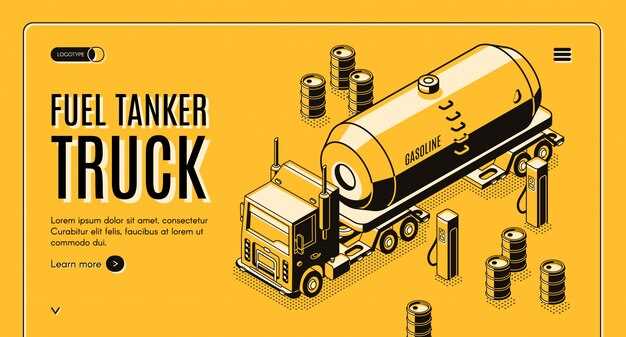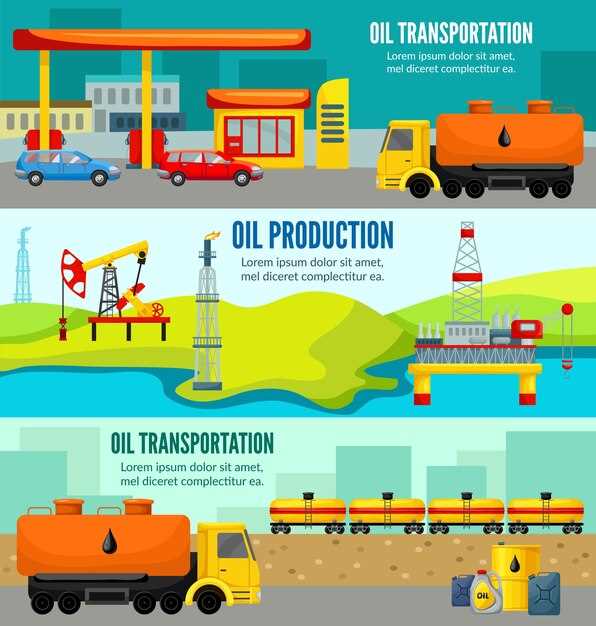
Choosing the right truck for hauling is a critical decision that can greatly impact efficiency and performance. Among the primary contenders in this market are diesel and gas trucks, each offering unique advantages and limitations. Understanding these differences is essential for any buyer or user looking to optimize their hauling capabilities.
Diesel trucks are often praised for their superior torque and towing capacity, which makes them a popular choice for heavy-duty hauling tasks. With a powertrain designed to deliver forceful performance under load, these vehicles can pull larger trailers and transport heavier cargo with ease. Additionally, diesel engines typically deliver better fuel economy over long distances, making them an economical option for those who frequently handle substantial hauling tasks.
On the other hand, gas trucks present a more versatile and generally lower-cost alternative. They are typically lighter, easier to maintain, and provide a quicker throttle response, which can be beneficial for lighter loads and everyday driving scenarios. Understanding the operational costs, maintenance needs, and performance metrics of both diesel and gas trucks is crucial for making an informed decision tailored to specific hauling requirements.
Fuel Efficiency and Cost Analysis for Diesel and Gas Trucks

When evaluating the suitability of diesel and gas trucks for hauling purposes, one of the primary factors to consider is fuel efficiency. Diesel trucks typically offer superior fuel economy compared to their gas counterparts. This efficiency results in longer driving ranges, making diesel trucks more suitable for long-haul transport where refueling opportunities may be limited.
Diesel engines are inherently more efficient in converting fuel into energy, primarily due to their higher compression ratios. This advantage translates into better mileage, often achieving 20-30% more miles per gallon than gas trucks. As a result, diesel trucks can operate effectively over vast distances without frequent stops for refueling.
Cost analysis also plays a critical role in the decision-making process. While diesel trucks generally have a higher initial purchase price compared to gas trucks, the benefits can outweigh these upfront costs over time. Diesel fuel prices tend to fluctuate, but they often maintain a lower cost-per-mile due to the improved efficiency. This can lead to significant savings in fuel expenses over the lifespan of the vehicle.
Furthermore, maintenance costs for diesel trucks can be higher due to the complexity of their engines and systems. However, with proper care, they tend to have longer lifespans than gas trucks, potentially offsetting some of the maintenance expenses. Conversely, gas trucks are typically cheaper to repair and maintain, but they may require more frequent refueling, impacting overall operational costs.
In summary, when conducting a fuel efficiency and cost analysis for diesel and gas trucks, it’s crucial to consider the specific hauling requirements, the distances involved, and the anticipated fuel prices. Diesel trucks generally excel in fuel efficiency, making them ideal for extensive hauling tasks, while gas trucks may be better suited for shorter, more localized transport due to their lower initial costs and simpler maintenance needs.
Performance and Torque Differences in Hauling Scenarios
When evaluating gas and diesel trucks for hauling, performance and torque are critical factors affecting overall efficiency and capability. Diesel engines are known for producing higher torque at lower RPMs compared to gas engines. This characteristic is particularly advantageous in hauling scenarios, where the ability to move heavy loads from a standstill is essential. The increased torque allows diesel trucks to handle steep gradients and heavy trailers more effectively.
Gas engines typically deliver more horsepower at higher RPMs, which contributes to quicker acceleration and responsiveness on highways. However, this advantage diminishes under heavy loads, where diesel engines excel. In scenarios involving constant heavy hauling, such as transporting construction materials or towing large trailers, the sustained torque delivered by a diesel truck can lead to better performance, minimizing gear shifting and enhancing overall driveability.
Additionally, diesel trucks often feature turbochargers that further boost torque output, making them suitable for demanding tasks. Gas trucks, while capable of efficient hauling in lighter scenarios, may struggle with the prolonged strain of heavy loads, ultimately affecting their performance and longevity.
Fuel efficiency also plays a role in performance. Diesel engines generally offer greater fuel economy when under load, allowing them to operate efficiently over long distances. This factor not only reduces operational costs but also contributes to fewer stops for refueling during long hauls, ensuring that tasks are completed more swiftly.
In summary, while gas trucks may offer quicker acceleration, diesel trucks stand out in torque and durability when it comes to heavy hauling. The specific requirements of the hauling task will ultimately determine the best choice between gas and diesel, but for sustained heavy loads, diesel trucks are usually the preferred option.
Maintenance Requirements and Longevity of Diesel vs Gas Engines

When comparing diesel and gas engines for hauling purposes, one of the most critical factors to consider is their maintenance requirements and overall longevity. Diesel engines typically offer longer lifespans compared to gas engines, largely due to their robust construction and lower operating speeds. They are built to withstand greater stress and often feature heavier components, which contribute to their durability.
Diesel engines require specific maintenance practices, including regular oil changes, fuel filter replacements, and monitoring of exhaust systems. The oil in diesel engines needs to be changed more frequently due to the presence of soot and contamination, which can affect engine performance and longevity. Additionally, diesel engines benefit from frequent inspections of the turbocharger and fuel injection systems, as these play critical roles in efficiency and power delivery.
Gas engines, while generally less complex and easier to maintain, might not last as long under heavy hauling conditions. They require oil changes, spark plug replacements, and routine checks on fuel and air filters. Gas engines often have a higher number of moving parts that can wear out quicker under strenuous conditions. Consequently, while gas engines may be less expensive upfront, their lifespan can be relatively shorter compared to diesel engines, especially in demanding applications.
In terms of longevity, diesel engines can often exceed 500,000 miles with proper maintenance, making them a reliable choice for heavy-duty hauling tasks. In contrast, gas engines may typically see a lifespan of around 200,000 to 300,000 miles. Therefore, for businesses or individuals planning to use their trucks extensively for hauling, the durability of diesel engines can provide greater long-term value despite potentially higher initial maintenance costs.
Ultimately, the choice between diesel and gas for hauling should also consider maintenance practices, potential downtime for repairs, and long-term reliability. Evaluating these factors will help in making an informed decision that aligns with hauling needs and operational budgets.




